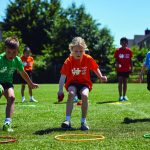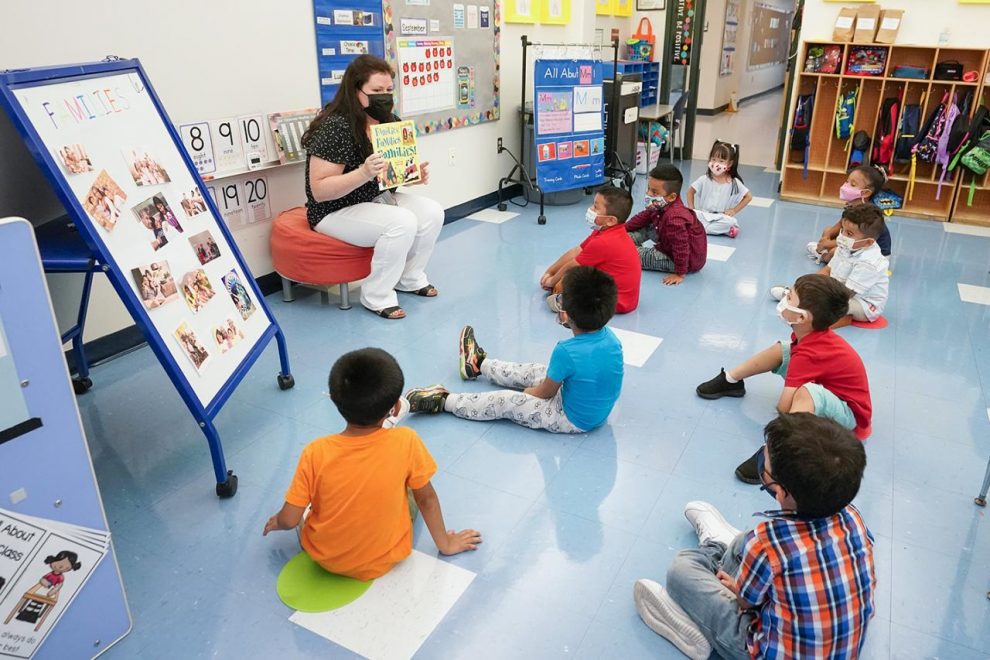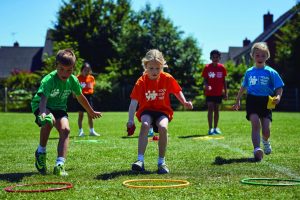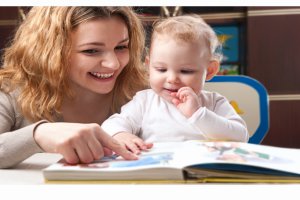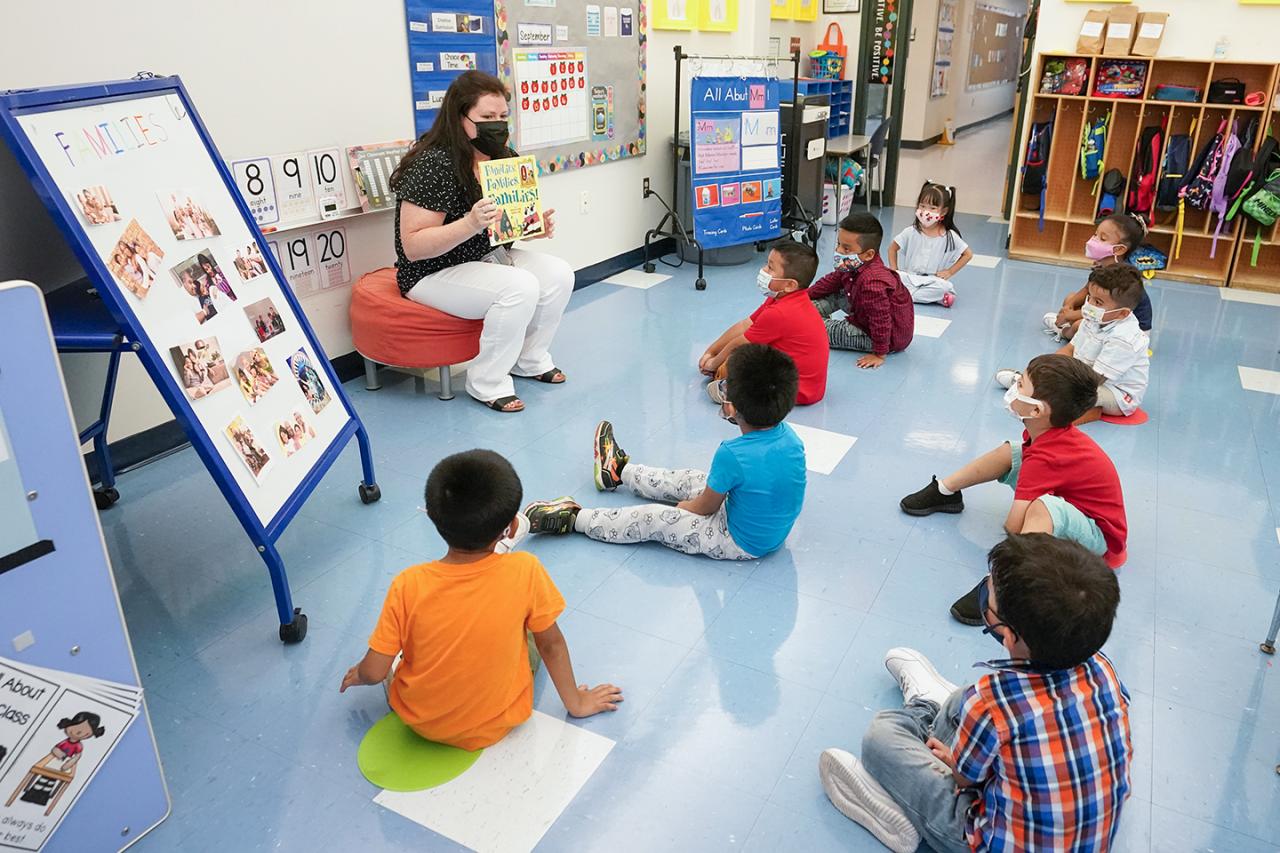
Introduction: Setting the Stage for Early Education Choices
In today’s fast-paced world, parents are faced with a myriad of decisions when it comes to their child’s early education. One of the first major choices parents encounter is selecting between daycare, preschool, and pre-kindergarten (Pre-K) programs. Each option offers unique benefits and considerations, tailored to the developmental needs of young children. This article aims to provide parents with insights, anecdotes, and expert opinions to assist them in making an informed decision.
The Importance of Early Education: A Foundation for Lifelong Learning
Early education plays a crucial role in a child’s overall development. According to renowned child psychologist Jean Piaget, “The principle goal of education is to create men who are capable of doing new things, not simply of repeating what other generations have done.” This sentiment underscores the significance of choosing the right early education setting for your child.
Daycare: More Than Just Babysitting
Daycare has evolved significantly over the years. It’s no longer just a place for babysitting; it now offers structured activities and early learning experiences. For example, Jane Johnson, a working mother, shared her experience: “I was initially hesitant about daycare, but I saw my daughter’s social skills and confidence grow rapidly. They engage the kids in arts and crafts, storytime, and even basic math activities.”
Preschool: Fostering Socialization and Play-Based Learning
Preschool, often synonymous with play-based learning, focuses on fostering social skills and creativity. Maria Martinez, an early childhood educator, explains, “Preschool provides a structured yet play-oriented environment. Children engage in imaginative play, sharing, and problem-solving, all of which are essential skills.” Research supports this; a study by the National Institute for Early Education Research found that children in high-quality preschool programs demonstrated greater cognitive and social development.
Pre-K: Bridging to Formal Education
Pre-K, the bridge between preschool and kindergarten, offers a more structured curriculum to prepare children for formal schooling. “Pre-K lays the foundation for academic success,” says Dr. Emily Davis, a child development expert. “Children are introduced to early literacy and numeracy skills, helping them transition to the structured learning environment of kindergarten.” Notable figures like Fred Rogers have emphasized the importance of Pre-K, stating, “Play is often talked about as if it were a relief from serious learning. But for children, play is serious learning.”
Factors to Consider: Making the Right Choice for Your Child
Choosing between daycare, preschool, and Pre-K requires careful consideration of various factors, including your child’s age, developmental stage, and your family’s needs. Some key considerations include:
- Developmental Needs: Match the program’s focus with your child’s developmental stage.
- Learning Approach: Decide whether a play-based or more structured approach aligns with your child’s learning style.
- Socialization: Evaluate the opportunities for your child to interact with peers and develop social skills.
- Curriculum: Research the curriculum to ensure it meets your child’s educational needs.
- Teacher Qualifications: Inquire about teacher qualifications and their ability to facilitate learning.
Conclusion: Nurturing a Love for Learning
In the end, the decision between daycare, preschool, and Pre-K is a significant one that can shape your child’s early experiences and set the tone for their educational journey. Whether you choose a play-centric preschool or a structured Pre-K program, remember the wise words of Maya Angelou: “Do the best you can until you know better. Then when you know better, do better.” By making an informed choice, you’re paving the way for your child to embark on a lifelong journey of learning and growth.



